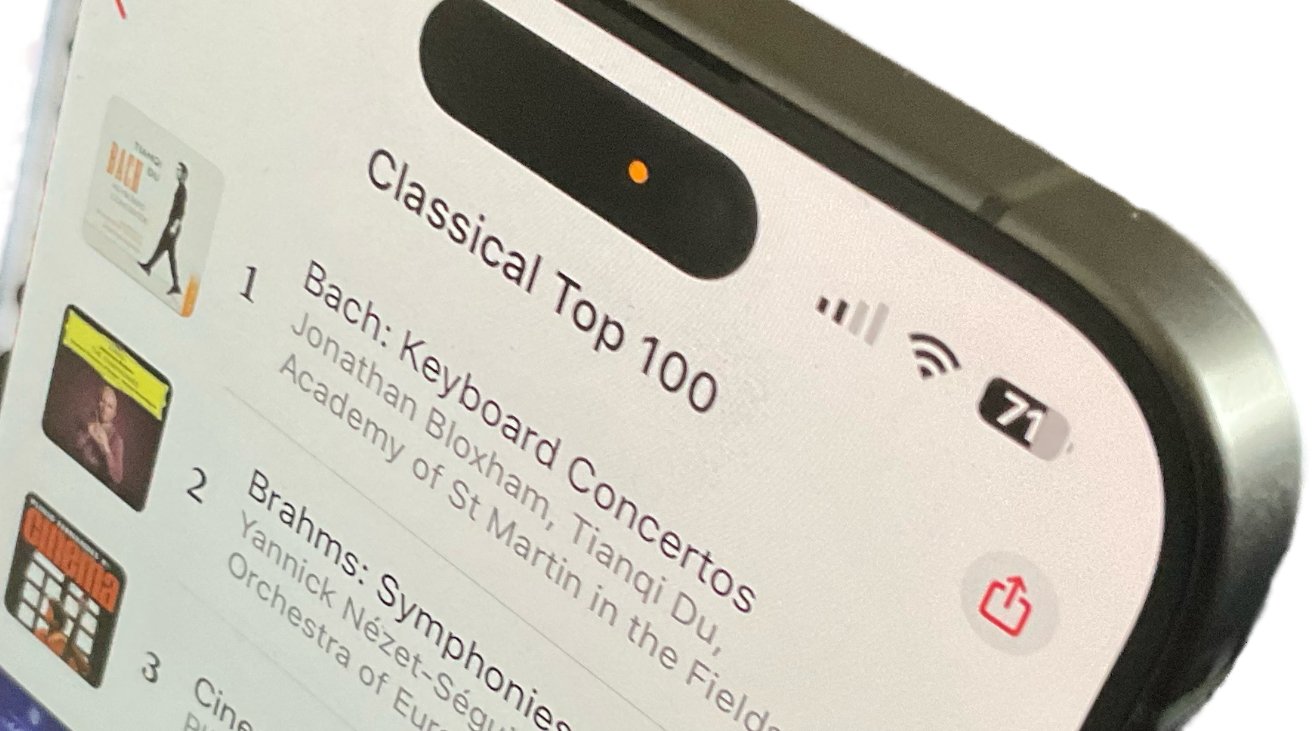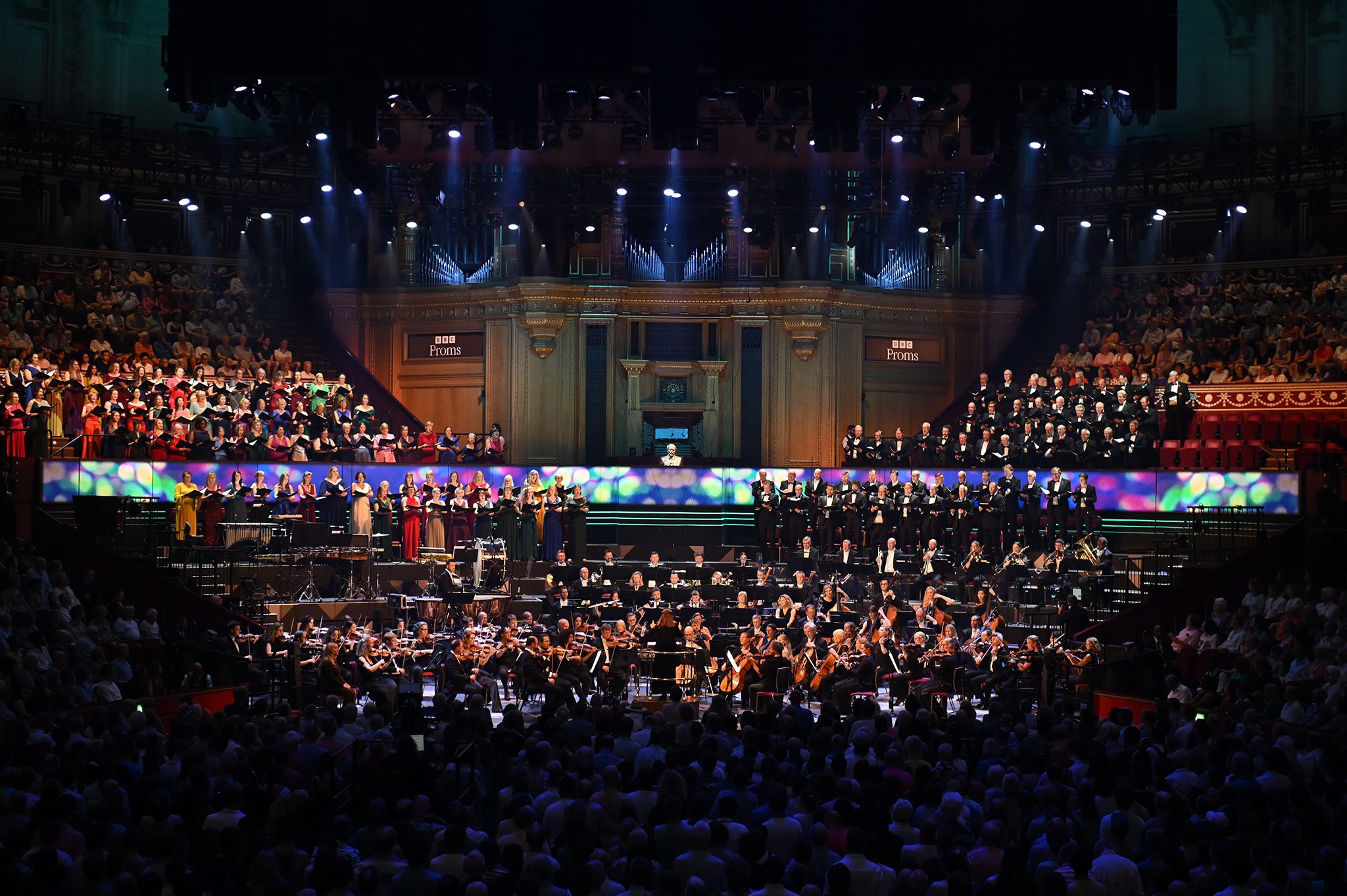Arts Council England’s announcement about the first recipients of the Cultural Recovery Fund earlier this week has generated a bit of noise. In particular, much ire appears to be levelled at ACE and DCMS for ‘stipulations’ attached to receiving the award, manifest in a requirement that organisations extend thanks, use the hashtag “HereforCulture” and, outline how the money will help bring live performance back and support freelancers.
This in addition to the hushed exchanges and furrowed brows about why some organisations received the funding and others didn’t.
The noise has continued today with some arguing that the requested statements put out on arts organisations social media accounts left an Orwellian taste in the mouth – a kind of hand-wringing appreciation for funds some regard as less of an award and more of a necessity. To extend heartfelt thanks so publically and uniformly could be seen a gratitude for legitimatisation and validation by a government body, when the money is instead a ‘life-saving’ response to a critical situation.
To say thanks for something which will play a crucial role in the survival of an organisation or endeavour seems like a thoroughly decent thing to do – an easy win for a sector which has at its heart a belief that its work promotes a sense of wellbeing in the individual. Wellbeing extends to courtesy too. And if you can’t demonstrate your values in your activities and utterances then you’re very quickly going to lose the very audience the money you’re asking for is there to protect.
But what the resulting ire highlights isn’t so much a fawning sector, nor an Orwellian government, more an ill-thought out (and probably hurried) digital campaign.
To ask everyone to basically say the same thing (and then engage with those accounts) shows an editorial strategy built on figures (reach, impressions and engagement) rather than sentiment. Figures won out over sentiment. Some organisations framed their statements in a tone of voice which suited them. Others copied and pasted. The intent was sound. The originating direction could have been a little more sophisticated.


